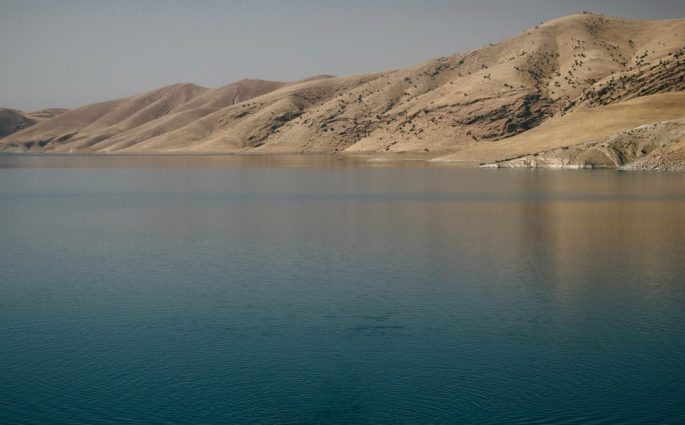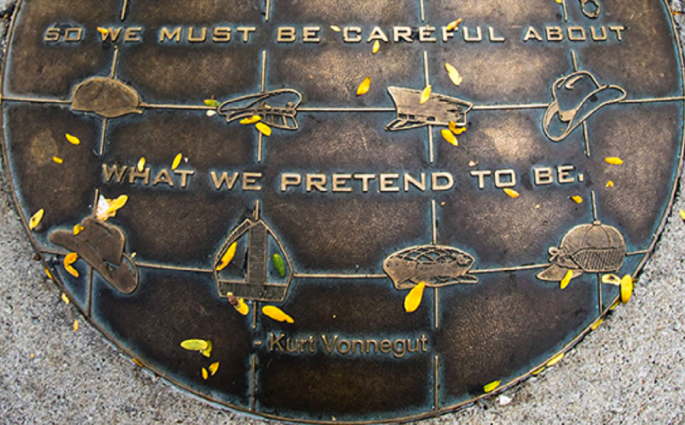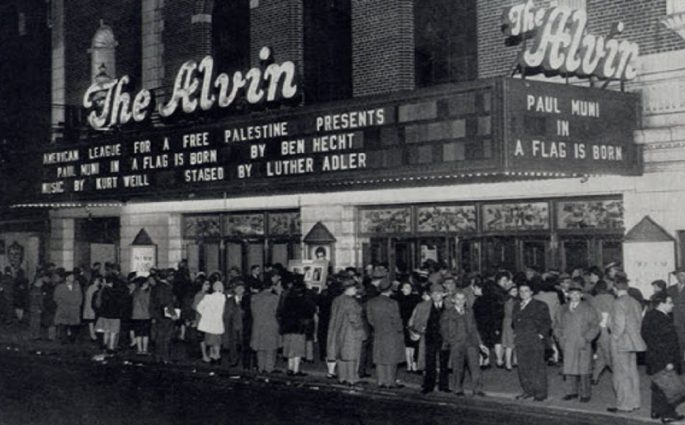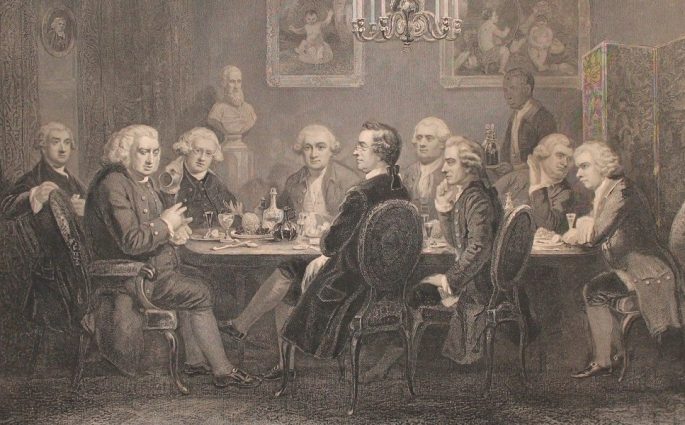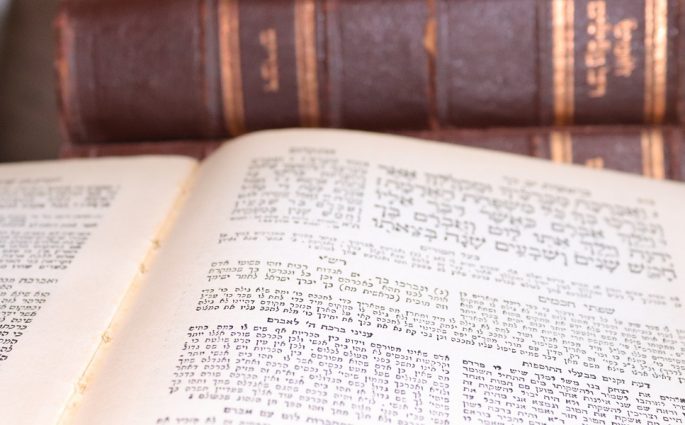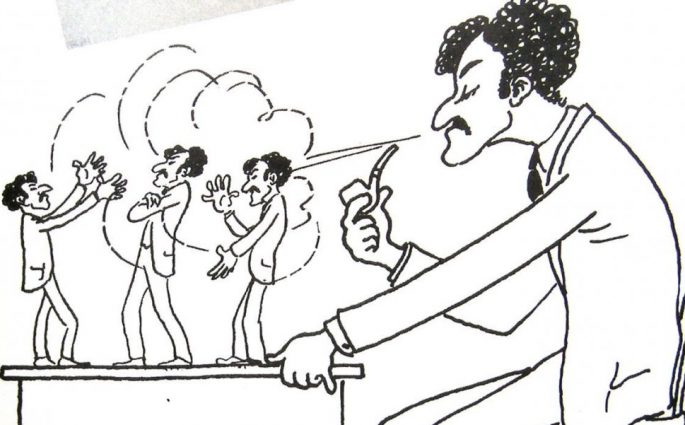Book of Collateral Damage
Sinan Antoon— A drop of sweat fell on the edge of the piece of paper and I stopped reading. His handwriting was neat and confident. The ink was black, maybe from a ballpoint pen. The words were perched like birds on lines that looked like small sky-blue threads running across

